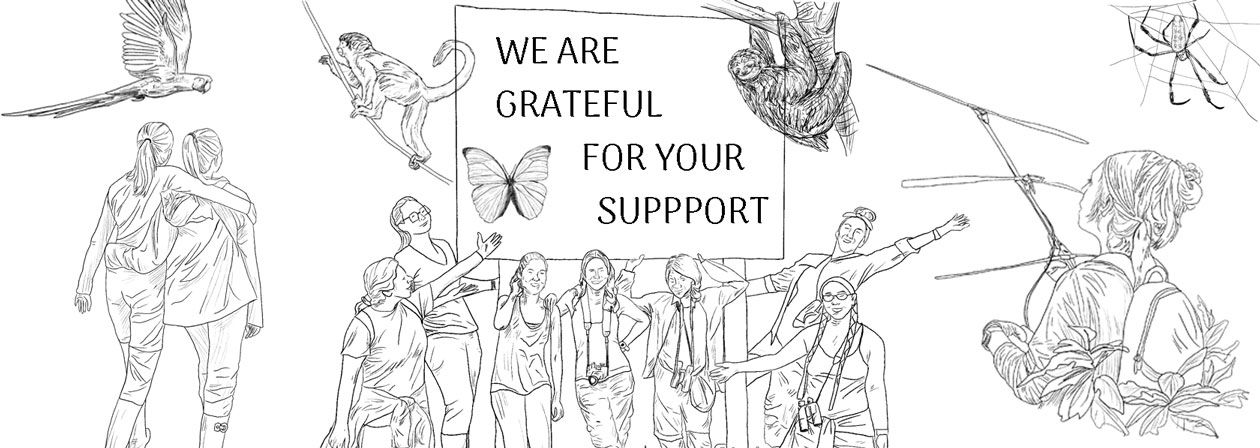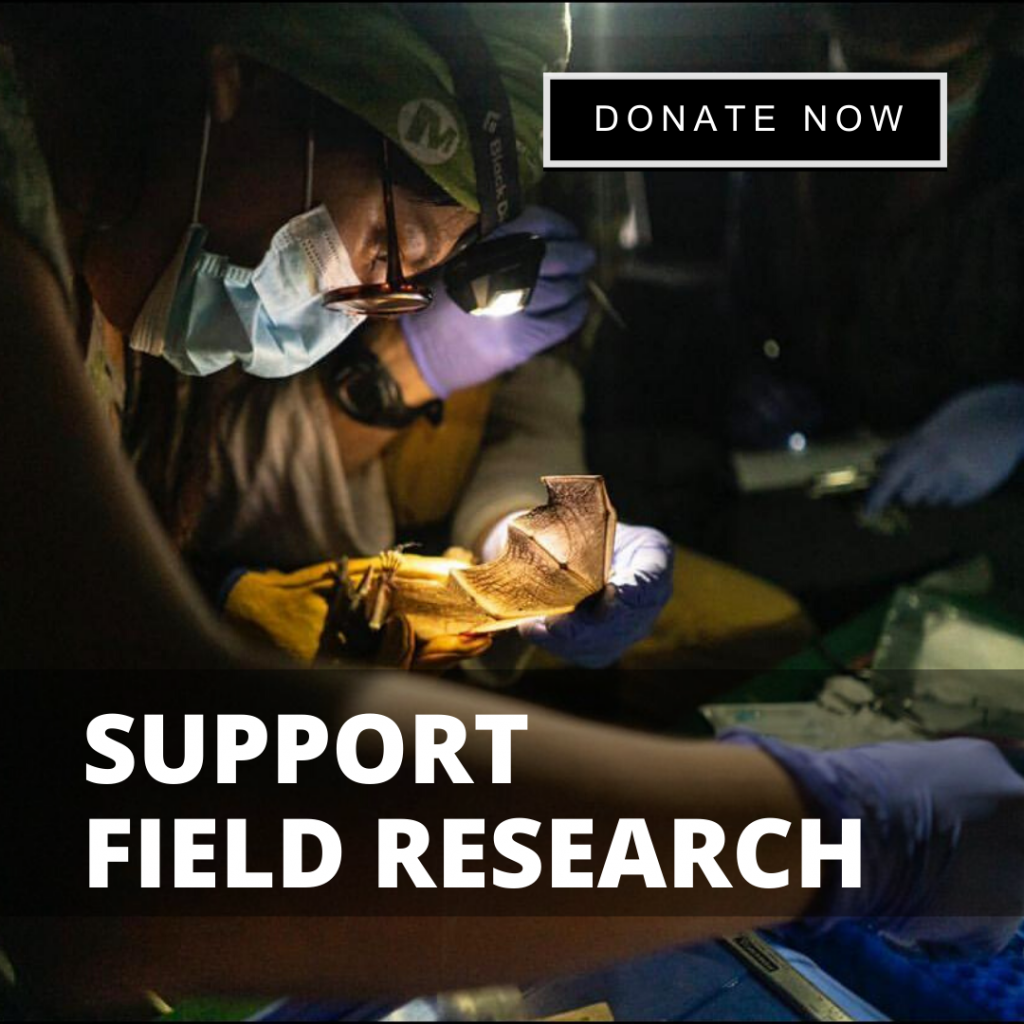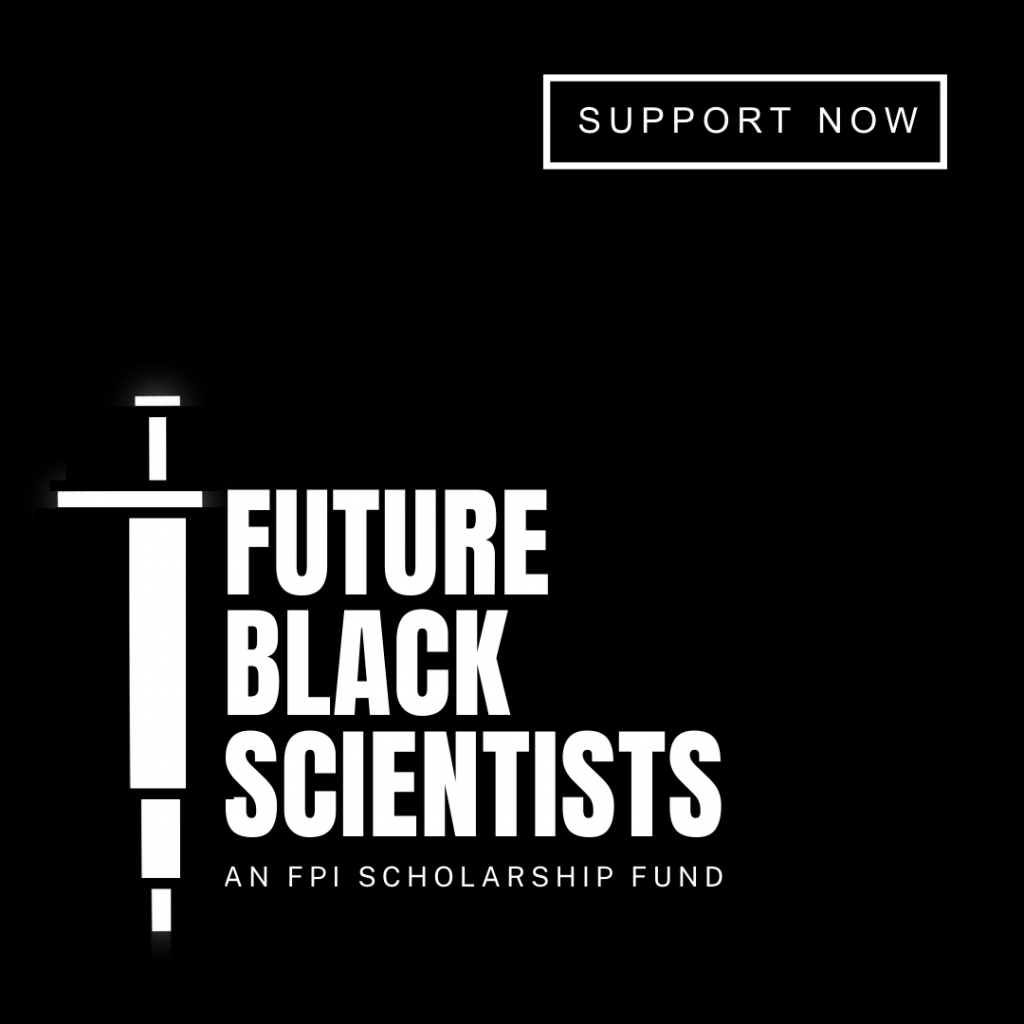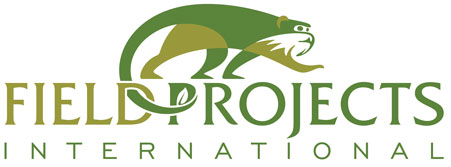
This fund will be used solely to create scholarships for future black scientists, naturalists, and conservationists. Black people are woefully underrepresented in the sciences in general, and this needs to change. FPI is committed to addressing not only practical barriers to enrollment in our field courses and research training programs –such as the monetary cost of participating– but also addressing social and psychological barriers as well. This means making a concerted effort to recruit people of color into our programs, making sure our messaging is inclusive, and ensuring that the field environment is safe and welcoming. We believe that without more black voices in scientific fields and black contributions to research and conservation, our community is incomplete and the world at large is a much poorer place.
Giving today will support the following programs:
Scientific Research: 2024 will mark the 15th field season for wildlife research at Los Amigos in Peru. Excluding 2020, we have never missed a field season since we first began studying wildlife in 2009.
Wildlife Disease Testing: We have 8 years of disease monitoring data on primates, and 3 years on birds, bats and small-medium-size terrestial mammals from the Los Amigos Biological Station. Our goal is not only to continue disease screening, but increase the scope of our efforts. We want to to test for more pathogens, to focus on more species, and to bring more aspiring young scientists into the field to help with data and in-situ laboratory analysis.
Conservation Technology: Our plans are to “Tech the Rainforest” by installing a low-cost, energy saving, canopy-based LoRa network that listens continuously for signals from various sensors in the forest below. Sensor include, GPS tags, microchip readers, presence/absence alerts, weather gauges, etc. Initial investments have made it possible to develop and test these systems, but we will need more resources to standardize renewable power systems and ruggedize each sensor.
In-Kind Donations
If you work for a lab or company that has equipment or supplies to donate, you can support FPI and our partners through the In Situ Labs initiative. Visit the link below to see our wish lists and info on how to make your donation.
Support Science
We know that giving is hard, and we appreciate all kinds. We are committed to continuing wildlife research, expanding wildlife conservation capacity, and providing training programs in a safe, inclusive way.
Please help us continue our mission.
Who Are We?
What Do We Do?
We now operate the largest primate mark and recapture program in Perú, and one of the largest on the continent, which has catapulted us into areas of research such as primate communication, visual and olfactory perception, parasite ecology, dispersal behavior, territoriality, development, and senescence. Since 2012, we have viewed disease monitoring and biodiversity conservation as two sides of the same coin. Our biosurveillance programs have expanded to include bats and rodents, two taxonomic groups with high likelihoods of pathogens with zoonotic potential.
How Do We Support Conservation?
Numerous studies have confirmed that government-protected forests can never hope to contain and protect all the flora and fauna present in biodiversity hotspots. A large responsibility falls on the shoulders of private citizens and organizations to create forest corridors and refuges for plants and animals that fall outside national parks (or have spatial needs that are larger than a single park). Our field courses and research programs target these sites. We bring a global population of students to our field sites annually, which contributes heavily to making each site economically viable. Approximately 50% of the fees for our activity-based courses go toward field site fees, which directly support safeguarding the local forests from resource extraction.
How Do We Support #WomenInScience?
Although women remain grossly underrepresented in senior academic positions, we’ve actually seen far more women than men in the field doing phenomenal science (data current to 2018). FPI is committed to supporting female scientists as they pursue degrees and equitable employment, and we also actively encourage more women to follow this career path.

What Is Our Goal?
The underlying goal that drives all of our programming is biodiversity conservation and disease monitoring through the application of novel, low-cost, conservation technologies. We believe the best way we can contribute to this cause is through research into the complexities of tropical ecology and biosurveillance, as well as courses and programs that will train and inspire the next generation of biologists, conservationists, scientists, land-use planners, and policymakers around the world.
How Do We Give Back?
All projects contribute to the training courses that we offer and serve as a platform for learning for our long-term trainees. We maintain a 5:1 student-teacher ratio for our courses, which draw aspiring young scientists from around the globe to learn many facets of tropical ecology and conservation genomics along with the research methodologies used in each. In order to assure talented and highly motivated students are able to attend regardless of their ability to pay, we offer several scholarship programs for all our courses. Our scholarship winners have come from as far away as Iran and India to attend courses in Peru.
Will Your Donation Be Tax-Exempt?
After you donate, you will receive an email confirming your tax deductible contribution that should be saved for your taxes purposes, if needed. All in-kind donations are tax deductible to the extent of their “fair market value”.
We are registered as a 501 (c)(3) non-profit organization under the name Primates Peru DBA Field Projects International in the state of California. Our work is accountable and transparent for all to see.
Location: 443 Old Via Rancho, Escondido CA 92029
Phone: +1 (314) 649-8636


